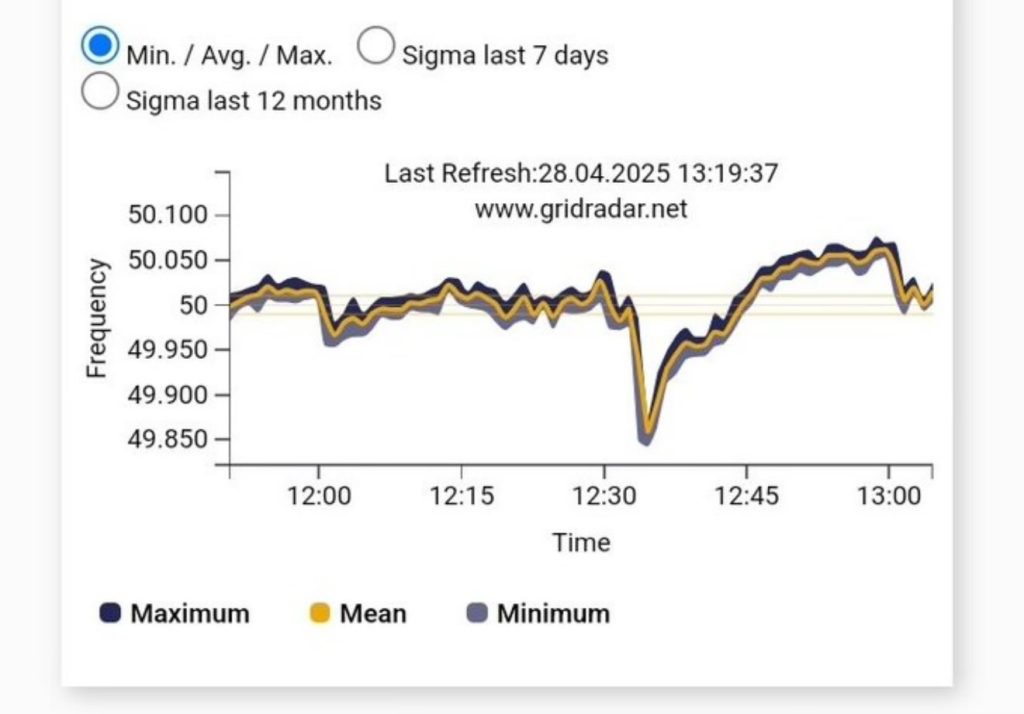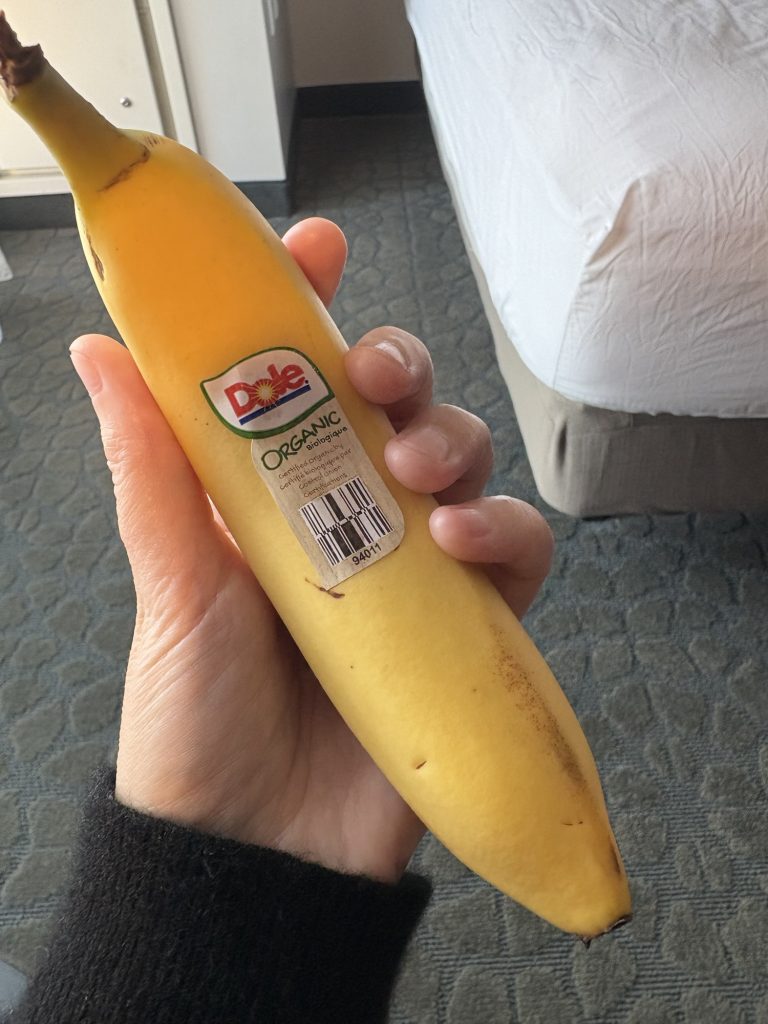I had an incredible long weekend in Boulder as a speaker at CU’s Benson Center for the Study of Western Civilization’s conference Renegade Futurism. It was an exceptional group of people and I felt privileged to learn from them.
Alas the universe must have needed to even out this wonderful high with a few lows. My husband and I’s trip back home to Montana was quite bumpy.
After a late evening of socializing, we left packing for the morning. We are both teetoholers but when you are old enough just staying out later than average can deliver a hangover.
We quickly packed up, skipped showering (drought flow shower heads take too long to get you adequately clean) and I quickly inhaled a coffee and bagel to take with my antibiotics.
I knew we were in trouble as soon as we stepped into the Uber. It smelled intensely of body odor. The stank of unwashed upholstery, swampy body pits and a poor suspension combined poorly with exhaustion and an ersatz hangover. I began to feel car sick.
I tried a nausea medicine called Zofran. It wasn’t enough. I attempted to express that I needed us to pull over so I could throw up. I opened the window and begged for a disposable baggie. The driver was tuned out. Alex rushed to find anything that would do.
He found a foldable nylon pocket bag from a Japanese airline he keeps on hand in his luggage for emergencies. Alas I needed it three times. The car drove on even as I kept evacuating my stomach into this reusable bag.
We arrived at Denver International Airport and Alex rushed out to throw out the treasured Nippon Airways pocket bag lest the smell further exacerbate the issue. A loss but better than getting vomit all over the Uber. Not that the driver was paying attention. Oddly.
After unloading we checked multiple bags. We’d both come from long trips and figured it was a safe simple single flight. The United fancy status counter gave us trouble about being five pounds over on one bag. The label needed re-printing as the confused newly hired counter service agent struggled with the overrides for frequent fliers.
It’s an hour and a half from Denver to Bozeman so we felt safe checking all of our bags. And indeed our normal carry-on bags made it home with us without issue as checked luggage. They got off the airplane quicker than we did.
But as you probably guessed the 5lb overweight bag that took so much time to get labeled correctly. Yeah, it was never even put on our airplane. It was still in Denver. We have a tracker in the bag so we knew where it was. United asked us to report as lost as part of their procedure for getting it to us.
I’d list my shit twice now in one day. Hopefully the bag it makes it onto the next flight as it has quite a number of irreplaceable items.
And because things happen in threes, as I unpacked what luggage I did have I discovered that my eye medication was missing. I last remember seeing it in our hotel’s nightstand cubby. I may have packed it in the liquids bag in the lost luggage so there is a chance. But I don’t recall packing it. It’s Turkish so I’m not even sure if I can replace it.
I lost a lot of shit today. Hopefully I get it all back. Well except for the stomach problem in the car. I hope that never happens again. That is shit I’m happy to have lost.




